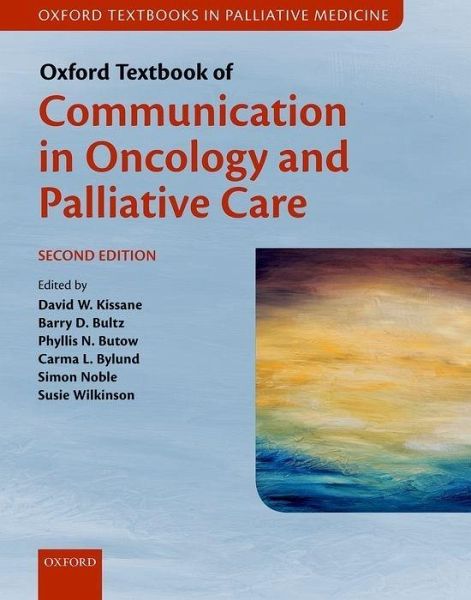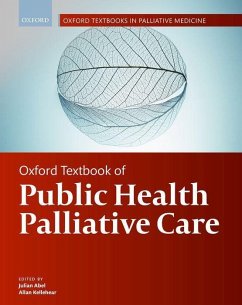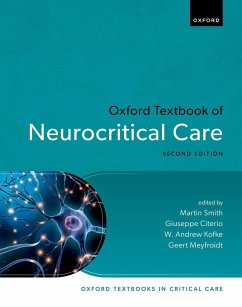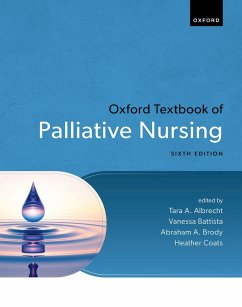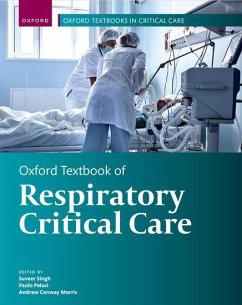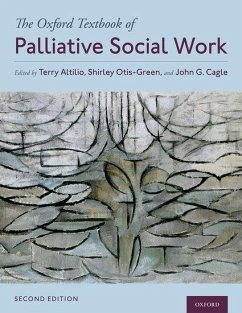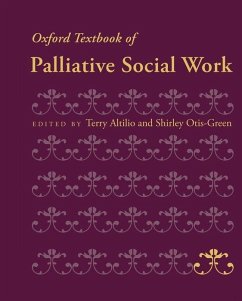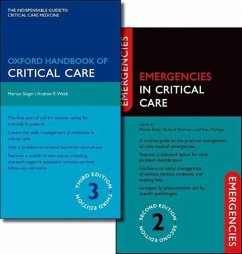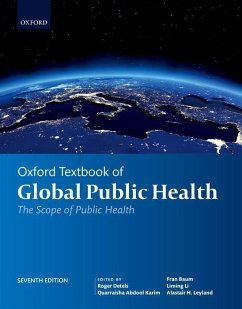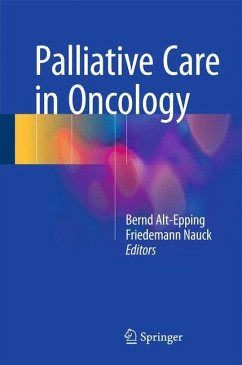David W. Kissane, MBBS, MPM, MD, FRANZCP, FAChPM, FAPM is an academic psychiatrist, psycho-oncology researcher and palliative care physician. He is currently Head of the Department of Psychiatry for Monash University in Australia; previously Chairman of the Department of Psychiatry and Behavioral Sciences at Memorial Sloan-Kettering Cancer Center in New York; and, before that, Foundation Chair of Palliative Medicine at the University of Melbourne. His academic interests include group, couples and family psychotherapy trials, communication skills training, and bereavement care. His model of family-centred care in oncology prevents complicated grief; his cognitive-existential therapy prevents fear of recurrence; his Demoralization Scale measures low morale and poor adaptation. He was awarded the Arthur Sutherland Memorial Award for lifetime achievement by the International Psycho-Oncology Society in 2008. Barry D. Bultz, PhD, is Professor and Head, Division of Psychosocial Oncology, and the Daniel Family Leadership Chair in Psychosocial Oncology, Cumming School of Medicine at the University of Calgary. He is Director, Department of Psychosocial and Rehabilitation Oncology; Tom Baker Cancer Centre in Calgary. A clinical psychologist and active member of many collaborative psychosocial research initiatives and advisory committees, Dr Bultz champions the importance of attending to emotional needs of the patient in many areas of the health care system. He advocates recognition of the impact of cancer-related distress (6th Vital Sign) on patient experience and has published and presents frequently on the importance of screening and management of distress. His work with cancer patients has seen him receive many awards, including the Queen's Diamond Jubilee Award, the Alberta Order of Excellence in 2016, and the Arthur Sutherland Award from the International Psycho-Oncology Society in 2016. Phyllis N. Butow, BA(Hons), MPH, PhD, MClinPsych is Professor and NHMRC Senior Principal Research Fellow in the School of Psychology at the University of Sydney. She is Chair of the Australian Psycho-Oncology Co-operative Research Group (PoCoG) and a co-director of the Centre for Medical Psychology and Evidence-based Decision-making (CeMPED). Prof Butow has worked for over 20 years in the areas of doctor-patient communication and Psycho-Oncology. She has won many awards, including the International Psycho-Oncology Society Bernard Fox award for outstanding contribution to Psycho-Oncology research in 2009 and the Clinical Oncological Society of Australia Tom Reeve award for outstanding contribution to cancer care in 2011, and was named NSW Cancer Researcher of the year in 2012. Prof Butow has conducted a large body of research on patient and family support, patient involvement in cancer consultations and decision-making, and disparities in outcomes and needs of immigrants with cancer. Carma L. Bylund, PhD is Associate Director for Medical Education at Hamad Medical Corporation and Associate Professor of Communication Studies at Weill Cornell Medicine-Qatar. Her research and teaching focuses on understanding and improving healthcare communication in cancer prevention and care and on how families communicate about genetics. Dr Bylund is the author of 77 peer-reviewed publications and has received funding for several NIH grants in the U.S. Dr. Bylund was most recently Director of the Communication Skills Training and Research Laboratory at Memorial Sloan-Kettering Cancer Center, and co-developed the internationally used Comskil Training Program for physician and nurse communication skills. Simon Noble, MBBS, MD, FRCP is a Clinical Academic in Palliative Medicine at Cardiff University, Wales, where he is a tutor in the internationally recognised Diploma and MSc in Palliative Care. He has extensive experience in teaching communication skills within the multidisciplinary setting and a particular interest in how models of communication translate across differing cultures. His research interests include the patient experience of various aspects of the oncological journey, with particular emphasis on using these experiences to inform the role of new therapies in clinical practice. Susie Wilkinson, PhD, MSc, RN, RM RNT, RCNT is a cancer and palliative care nurse. She is International Liaison Lead, and Communication Skills Consultant for Marie Curie Palliative Care Institute Liverpool (MCPCIL), Advisory Board member for Dimbleby Cancer Care, Communication Skills Consultant to Northern Ireland Cancer Network, Trustee Gibraltar Society for Cancer Relief and advisor to Cudeca Hospice, Malaga, Spain. Her last substantive post was Head of Palliative Care Clinical Research for Marie Curie in the department she established at the Royal Free and UCL Medical School. In recognition of her work, Marie Curie established the "Susie Wilkinson Research Award" given annually. In 2009, she was awarded "Eminent Scientist of the Year" International Award in Palliative Care by the World Scientists Forum. Her main interests are communication skills training and complementary therapies which she has researched, published, and lectured on internationally for over 30 years.
